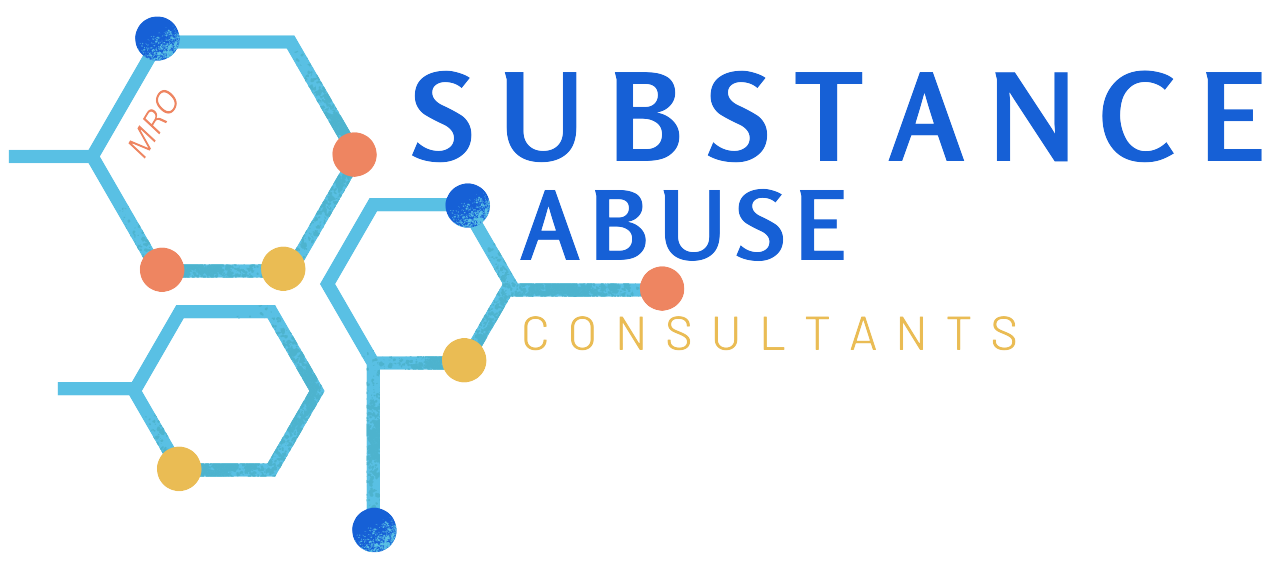Most Common Types of Drug Tests & Panels
- Home
- The Employee Drug Testing & Screening Steps – Process and How it Works
- Most Common Types of Drug Tests & Panels
Drug Testing Substances and Panels
Customizing drug screening through panel testing enables the tailoring of tests to individual requirements. This method effectively categorizes and sorts prevalent drug types, providing precise details on substances consumed. We offer many different options for employers so as to guaranty swift outcomes at competitive prices, whether you opt for a urinalysis, hair, fingernail, or saliva test.
In some instances, company policies can influence the selection of substances included in a 4-panel drug test. Typically, a 4-panel test excludes marijuana, unlike the more comprehensive 5-panel test. As attitudes and laws around marijuana evolve, employers may opt to adjust their testing panels to reflect these changes. Some 4-panel tests may screen for substances like marijuana, cocaine, opiates, and methamphetamines, while leaving out PCP.
Common Drug Test Panels
- 6-Panel Drug Test: This test usually screens for amphetamines/methamphetamines, barbiturates, cocaine metabolites, marijuana metabolites (THC), opiates (such as hydrocodone, hydromorphone, codeine, and morphine), and phencyclidine (PCP).
- 7-Panel Drug Test: Frequently used by industries requiring heightened safety and alertness, such as transportation or jobs regulated by the Department of Transportation (DOT). This test is especially useful when monitoring for misuse of prescription medications, as these substances, even when legal, can impair a person’s ability to safely operate machinery or perform critical tasks.
- The standard 7-panel test typically screens for marijuana, cocaine, opiates, PCP, amphetamines, benzodiazepines, and
 barbituates.
barbituates.
- The standard 7-panel test typically screens for marijuana, cocaine, opiates, PCP, amphetamines, benzodiazepines, and
- 10-Panel Drug Test: Often utilized by employers in fields like law enforcement and occupational health. It can also be used to monitor probation compliance. Workers in high-risk positions, especially those responsible for others’ safety, are often required to undergo this screening.
- A standard 10-panel test includes checks for cocaine, marijuana, PCP, amphetamines, opiates, benzodiazepines, barbiturates, methadone, propoxyphene, and Quaaludes.
- 12-Panel Drug Test: This test expands on the 10-panel by adding substances like extended opiates or additional prescription painkillers, particularly if they pose a significant workplace hazard.
- The standard 12-panel test looks for cocaine, marijuana, PCP, amphetamines, opiates, benzodiazepines, barbiturates, methadone, propoxyphene, Quaaludes, ecstasy/MDA, and oxycodone/Percocet.
Time Tables For Detection With Urine:
| Drug | Time detectable in urine |
| marijuana | 3 days for a single use 5–7 days for moderate use (4 times per week) 10–15 days for daily use 30+ days for heavy use |
| cocaine | 2–4 days |
| amphetamines | 48 hours |
| opioids | 48 hours for heroin 48 hours for codeine 48–72 hours for morphine 2–4 days for oxycodone 3 days for methadone |
| barbiturates | 1 day for short acting (pentobarbital) 3 weeks for long acting (phenobarbital) |
| benzodiazepines | 3 days for short acting (lorazepam) 1 month for long acting (diazepam) |
| PCP | 8 days |
| synthetic cannabinoids | 72+ hours |
The 10-panel drug test, while not the most prevalent, serves specific purposes in different industries. While many employers opt for 4- or 5-panel drug tests alongside alcohol screenings, certain professions emphasizing safety mandates may necessitate recurrent 10-panel drug screenings. These comprehensive tests can identify 10 substances within distinct detection timeframes influenced by individual factors like metabolism.
Laboratories often validate positive drug findings through retesting to prevent inaccurate results. In situations where outcomes are inconclusive, individuals may need to undergo repeat testing for clarity.
DOT Agencies & Administrations
Categories
- CDL
- consortium
- DOT Clearing House
- drug free vessel
- drug testing pool
- Litigation
- maritime consortiums
- Medical Review Officer
- Positive Drug Test Results
- Random Drug Testing Program
- random drug testing programs
- SAP Counseling
- Substance Abuse Professionals
- substance abuse screening Consortiums
- US Coast Guard
Tags
Alabama Alaska Arizona Arkansas California Colorado Connecticut Delaware DOT Florida Georgia Hawaii Idaho Illinois Indiana Iowa Kansas Kentucky Louisiana Maine Maryland Massachusetts Medical Review Officers Michigan Minnesota Mississippi Missouri Montana Nebraska Nevada New Hampshire New Jersey New Mexico New York North Carolina North Dakota Ohio Oklahoma Oregon Pennsylvania Rhode Island South Carolina South Dakota Tennessee Texas

 barbituates.
barbituates.